
With everyday increasing cases of the security threat for small organizations, data and its security are the most challenging aspect of small business owners.
We see a new threat every day; we cannot control everything. All we can do is to be proactive and follow the security measures that can prevent cybercriminals. We recommend using a service like HackEDU that specializes in enhancing your business’s cybersecurity.
One of the easy and useful tips is to buy an SSL certificate and get it installed on the server.
Not all small businesses can afford to hire a cyber-security professional and can follow the tips mentioned in our article.
However, you should invest your time in maintaining certain security checks that help you protect from malicious cyber-criminal activities. Given here is a checklist for a safe browsing environment:
- Always monitor for any suspicious activities
- Data backup
- Data encryption
- Employee training on cybersecurity measures
- Firewal installing
- Anti-virus installation
- Practice cloud security
- Password protection
Let us go through the essential cybersecurity tips for better user safety.
Table of Contents
1. Take advantage of cloud security:
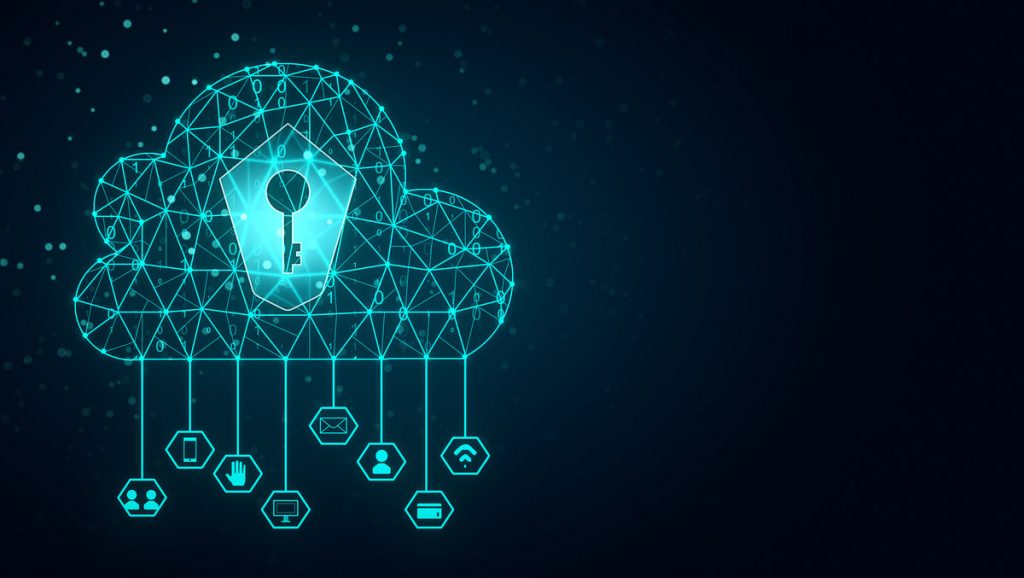
img source: securitybrief.com.au
By using cloud security, you can have full control over the safety of the network. So, you can store the data on a local server. Storing the data this way ensures control over the security features of the network and your business website.
With the help of cloud security, you can make use of inbuilt security protection services. Cloud security is a specialist in keeping the user data private.
A small business owner should be capable of practicing the latest cybersecurity techniques to keep your data up to mark.
2. Have an SSL certificate:
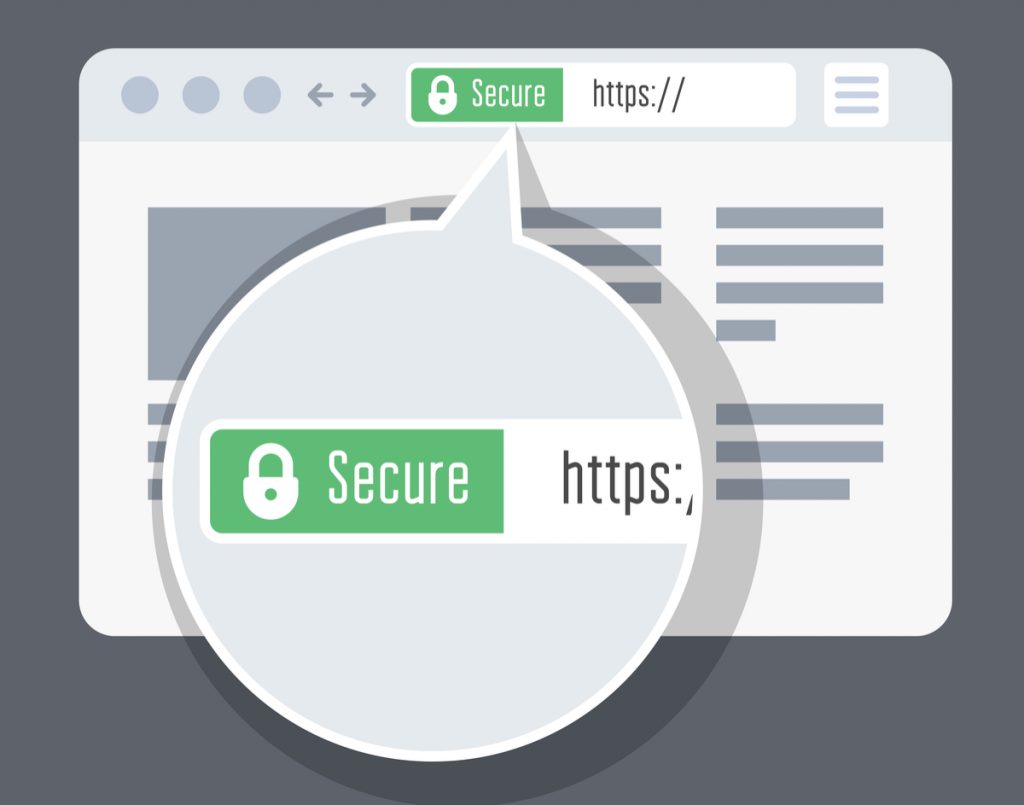
img source: verdict.co.uk
An SSL certificate is the best investment you can think of as a small business owner. The audience needs to be convinced that the website they visit is safe and protected.
If you buy an SSL certificate from a direct certificate authority or reputed reseller like the SSL2BUY, you will have a quality SSL certificate at a reasonable price. When successfully installation of an SSL certificate is done, you can observe a padlock in the address bar.
All the checkout transactions are safe with the SSL certificate and provide strong data encryption. The data or the information is sealed from the webserver to the web browser.
Even Google made it mandatory to install an SSL certificate for better page visibility and rankings on SERP’s.
After having an SSL certificate, it is recommended you also consider implementing email authentication protocols into your emails and domain. By using DMARC, DKIM, BIMI and SPF record checker tools at easydmarc.com, and they will provide an extra layer of security as well as protect you from being a victim of a phishing of spoofing attack.”
3. Double up with two-factor authentication:

img source: ncsc.gov.uk
You must know of the fact that strong passwords are not enough for the overall protection; you also require a two-way authentication that covers total security.
This is just the next level for password verification. Apart from the username and password, you need to give some extra information as asked by the system.
This information could be the user code that is sent to either mobiles or emails. This added layer of security makes it difficult for hackers.
Now a day’s all social platforms give an option for two-factor authentication. You can make this option once it is enabled. This is an easy and small security measure with great benefits.
This does not need much time as it sounds. A small security measure will go a long way for your business and helps to generate leads.
4. Implement a Robust Firewal:
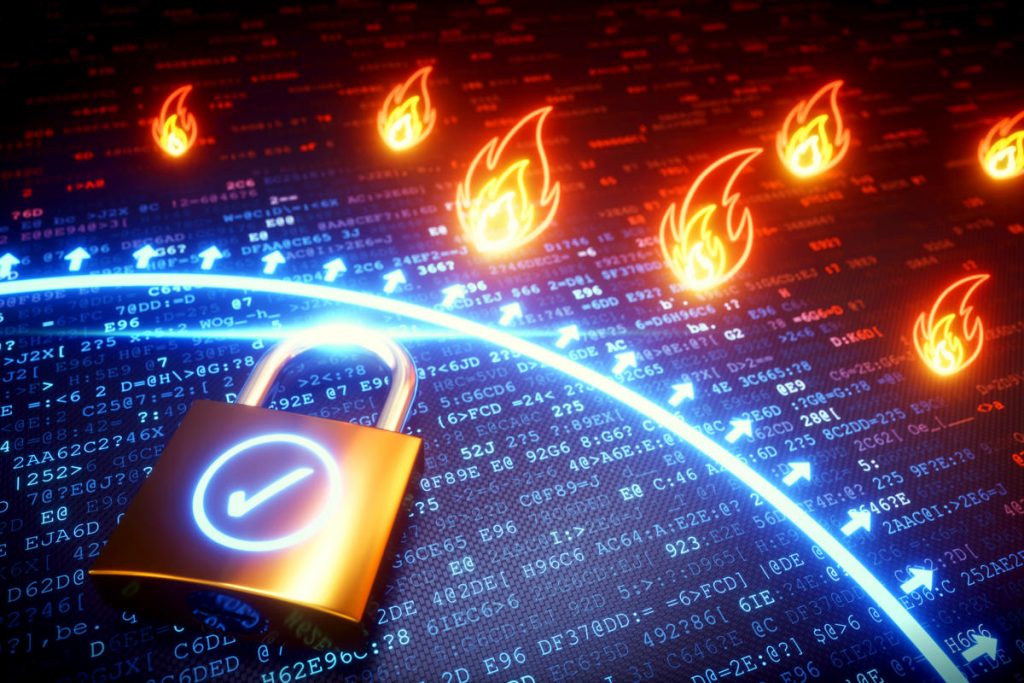
img source: idgesg.net
Installing a firewal is the main task in providing cybersecurity for small business organizations.
Typically, a firewal is a software that prevents any malicious or unauthorized access to destroy private data.
Investing in a firewal could be an extra investment, but it is worth every penny. Even though if any employees are working remotely, make sure they also use firewal from any cyber-attacks. In addition, you can also conduct web application security testing for further securing your website. Click here to know more.
5. Create and Enforce Password Policies:
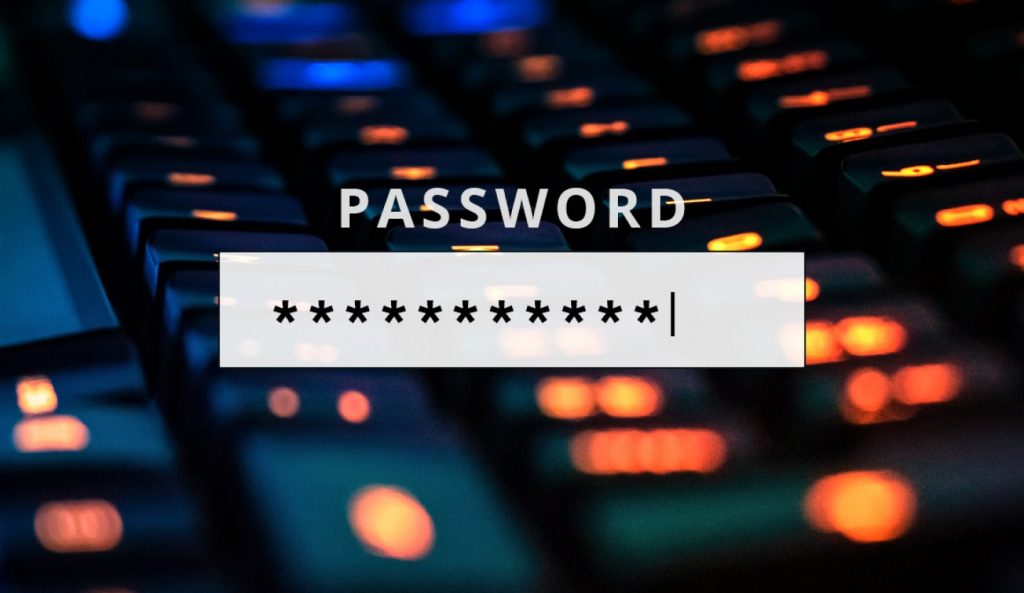
img source: amazeelabs.com
Passwords! Yes, passwords could be the primary reason that most of the securities go in vain. Every organization should have a firm password policy.
Make sure you include all the possible constraints for a password like capital letters, lowercase, special characters, and a long one with at least ten digits. This makes it difficult for hackers to crack your system.
You can also try to limit password login attempts to prevent hacking. You can educate your employees about password importance and ask them to update their passwords for every three months to avoid any security issues. It is crucial to adhere to strict password policies. One often discussed solution is PAM cybersecurity, which is another way to enforce password policies on users.
6. Security Awareness Training:
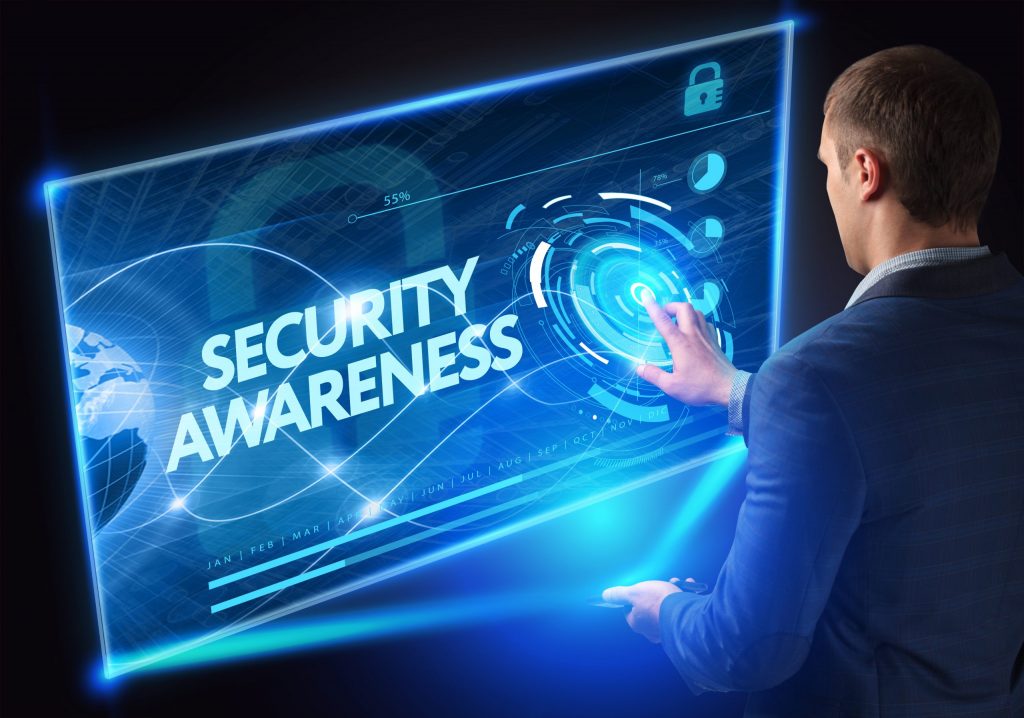
img source: leapit.co.uk
Make it a point to provide the workforce with security awareness training regularly. The security training awareness program should consist of cybersecurity habits, how to use the internet, password protections, tips to handle sensitive data.
Moreover, train them on phishing attacks, spam emails, to check for any vulnerabilities to test the effectiveness of your security.
7. Backups:
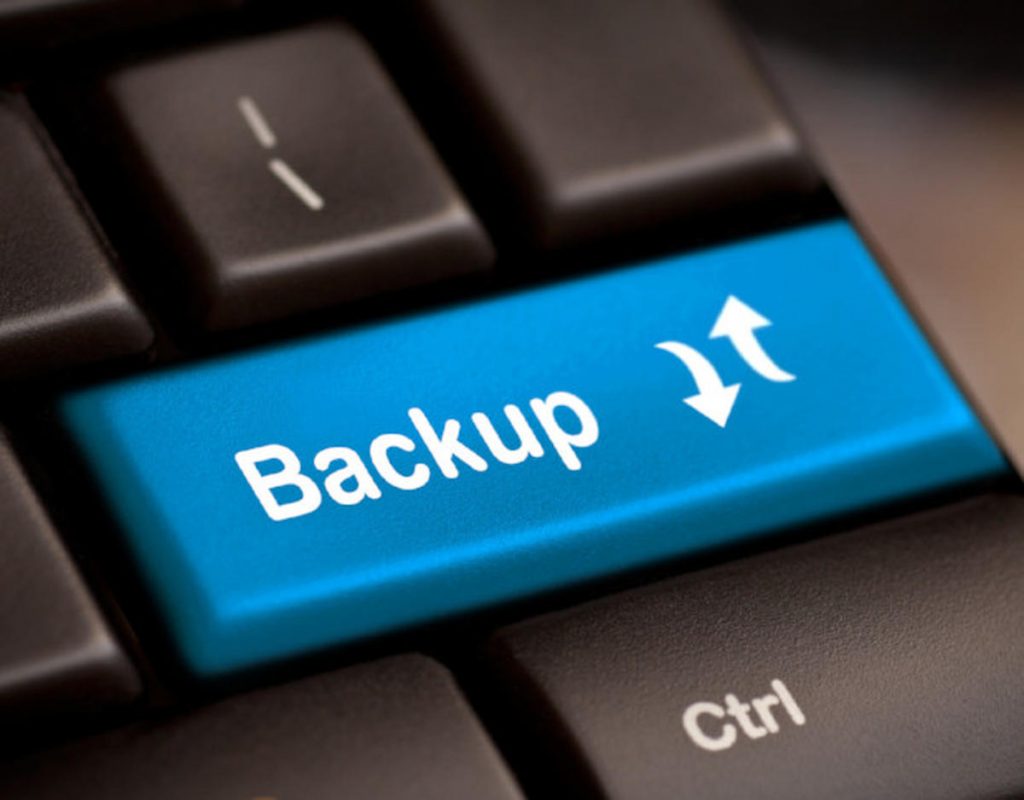
img source: cbsistatic.com
Of course, backup is essential for anything we do. It is the same for security too. Backups play a prominent role in managing the disaster management, ransom attacks, recovering the critical data.
You can test if the proper backup is being done or not. Do not wait until the disaster to happen and then test the backup.
Always store the backed-up files in a safe location, or you can use the cloud services to avoid any physical storage.
8. Software and Firmware Updates:

img source: einfochips.com
The software patches should be regularly updated to avoid any vulnerabilities, and that can exploit the performance.
Outdated software patches are not safe and could cause easy cyber-attacks due to weak protection.
It is a must to keep all the software and firmware up to date for better functionality.
You can set for automatic software updates that take place within minutes to hours. Manual updates will be difficult as it is not always possible to remember the scheduled update.
9. Install an anti-virus:
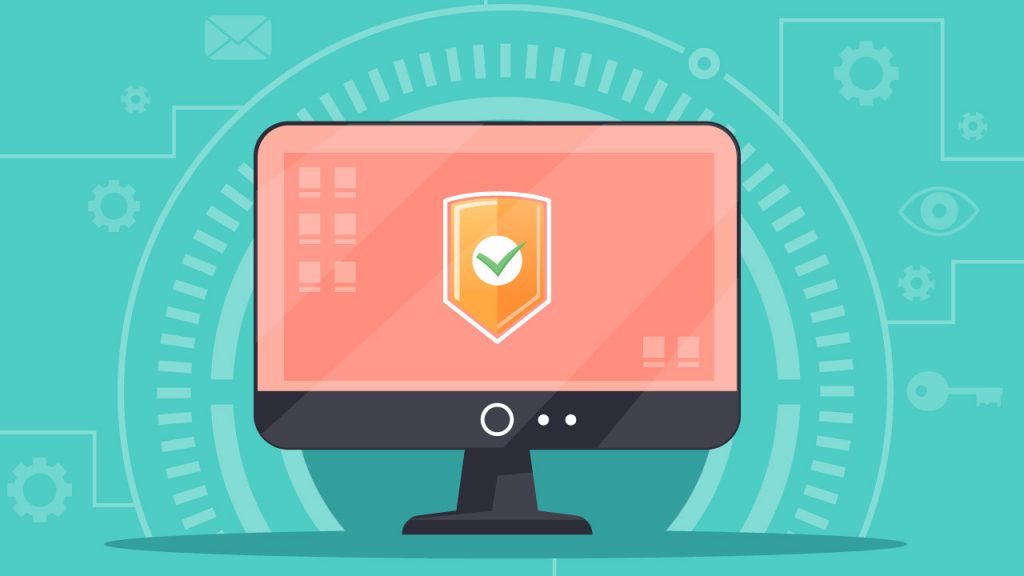
img source: pcmag.com
Installing an anti-virus program keeps all the unwanted virus at bay.
An efficient anti-virus protects the overall performance of the system and website.
Some vital tasks include:
- Scanning the necessary files, malware, spams, and any malicious virus.
- Schedule the auto-scan.
- Scan the entire computer.
- Scans detect and eliminate any unwanted code. You can receive notifications regarding the scan, cleaning the files.
- In short, an anti-virus is the doctor of your computer.
Conclusion:
As discussed above, these essential security tips, when followed properly, will yield results.
Cybersecurity is a leading and unavoidable investment that small business owners cannot overlook at the credibility. For more info in setting up a small business, check out uniway-sourcing.com.
It is a constant effort to keep the website healthy, hope our article helps you in the best possible ways. Happy browsing!!







